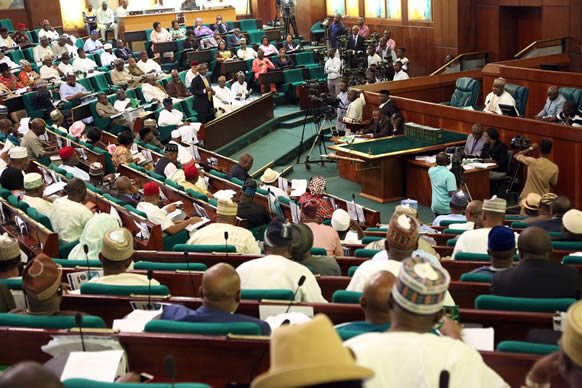The House of Representatives on Wednesday frowned upon the collection of money by the National Population Commission for birth certificates, declaring it illegal.The move followed the adoption of a motion moved by a member, Nkeiruka Onyejeocha, entitled, ‘Call on the National Population Commission to Discontinue the N4,500 Birth Registration Charge Under the Public-Private Partnership Arrangement for Birth Registration.’
Granting prayers of the motion, the lawmakers unanimously resolved to direct the NPC to discontinue the N4,500 birth registration charge by Socket Works Limited under the PPP “and return to their mandate of registering births and deaths in Nigeria at no cost to citizens as provided by law”.
The House also urged the Federal Government to ensure that there was sufficient funding of ministries, departments and agencies to enable them to fulfil their roles.
While mandating the Committees on Population, Delegated Legislation, and Legislative Compliance to ensure the implementation of the resolutions, the Majority Leader, Mr Femi Gbajabiamila, called for restitution and not just stopping the contract.
Gbajabiamila stated that money illegally collected should be returned and adequate sanctions imposed on the NPC and its contractor.
He prayed the House to mandate the committee investigating the matter to recommend whether the money collected from parents should be remitted to government’s coffers or returned to applicants and those who had already paid for birth certificates.
The prayer was unanimously granted.
Moving the motion, Onyejeocha stated that birth certificates should be free. She queried the alleged secession of the function of the NPC to private partners, which he said might have led to the monetisation of the duty.
She noted that with the growing poverty in the country, especially in rural areas, the price was exorbitant and would discourage parents from registering their children.
Commenting, Mr Chris Azubogu stated that money should not prevent parents from registering their children.
Also, Mr Edward Pwajok cited the relevant section of the Constitution stating that birth registration should be free as long as the relevant information of birth is provided within 60 days of birth. He, therefore, said the charge was illegal.





















